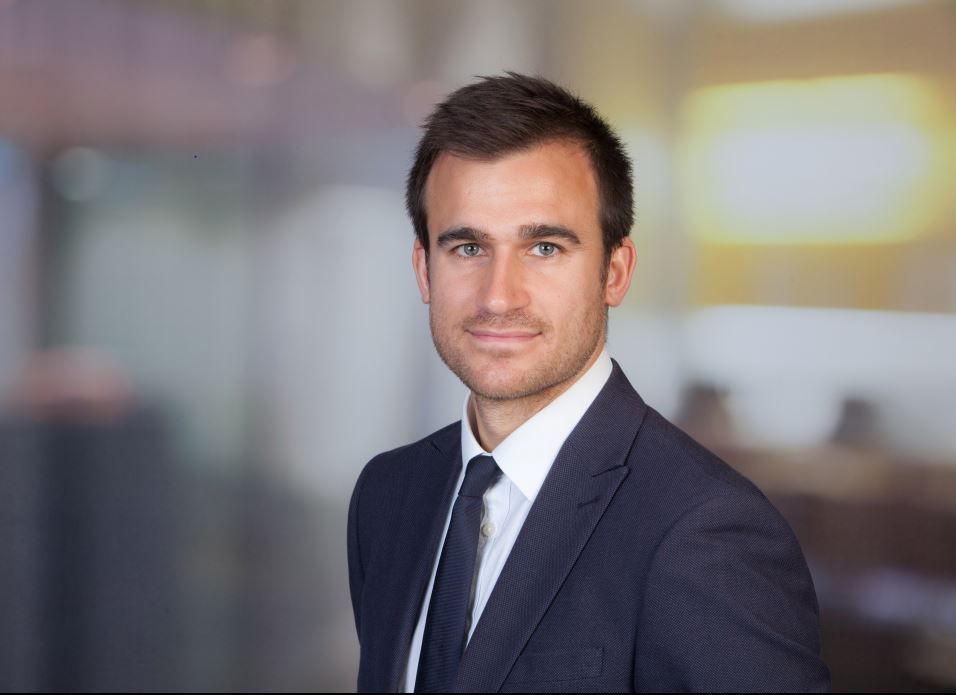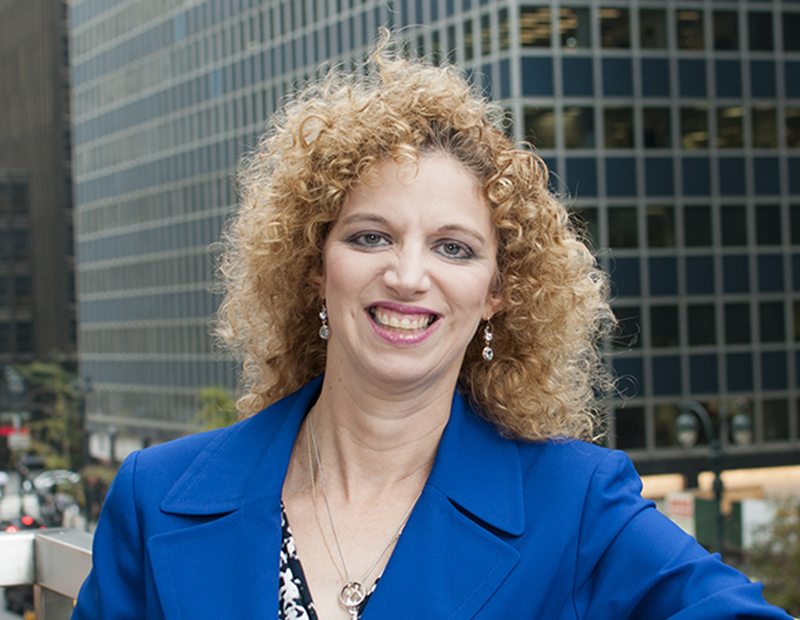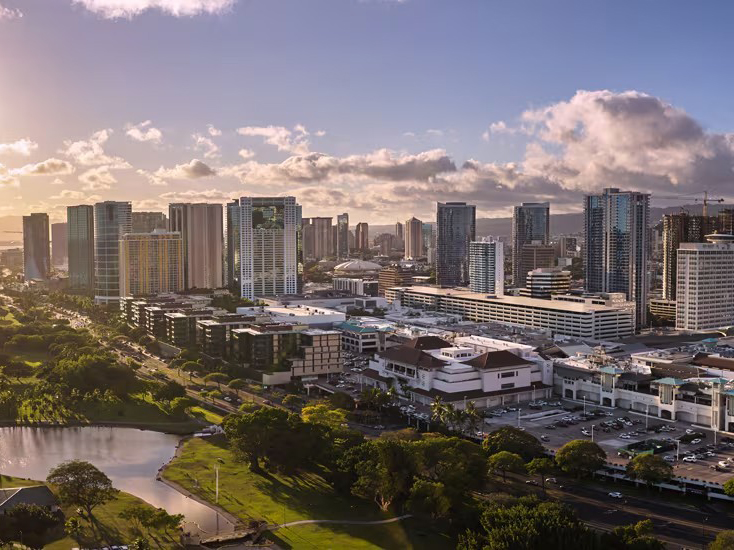Behind the Soaring Demand for Scottish Hotels
Resilient to wider geopolitical headwinds, the Scottish hotel market is attracting an increasingly larger amount of capital, especially from the U.S. and India. The relative weakness of the pound sterling and the sharpness of yields are some of the factors behind this trend, according to Steven Fyfe, associate in the hotels team at Savills Scotland.
By Adriana Pop, Senior Associate Editor
In spite of concerns over the Brexit vote, the hotel market is doing well in Scotland. In the first six months of 2017, foreign investors spent more than $67 million (£51.3 million) on the acquisition of Scottish hotels, which according to Savills, represents a sixfold increase compared to 2016.
U.S. investors spent nearly $47 million (£35.3 million), all of which was invested in Edinburgh. PGIM was especially active in the market, along with International Hotel Properties. Meanwhile, Indian companies spent in excess of $11 million (£8.3 million). Key deals from Indian investors included MGM Muthu’s acquisition of both the Highland Heritage Portfolio and Newton Hotel in Nairn. Other overseas investors that expanded their presence in Scotland this year included Chinese group Creation Gem International Ltd., Singapore’s 7 Hospitality as well as Leonardo Hotels, the European division of Israel’s Fattal Hotels Group.
CPE spoke with Steven Fyfe, associate in the hotels team at Savills Scotland, about some of the factors behind the attractiveness of the Scottish hotel market.
Investment in Scotland’s hotel sector has soared in the first half of 2017. What do you think is driving up demand?
Fyfe: It’s fueled by the relative weakness of the pound sterling, resulting in advantageous exchange rates and the sharpness of yields in prime markets, providing owners with the opportunity to sell very comfortably just now. The beneficial knock-on effect is that purchasers of regional and provincial hotels are encountering increased competition from foreign buyers, which increases the focus on alternative hotel stock available.
Which deals were the most prominent this year?
Fyfe: PGIM’s acquisition of Safestay Hostel in Edinburgh, International Hotel Properties Ltd. buying Holiday Inn Express, also in Edinburgh and Creation Gem International Ltd. acquiring The Isle of Eriska Hotel and Spa.
Which are the most sought after markets in Scotland?
Fyfe: Edinburgh remains the most sought after hotel market in the UK outside of London where occupiers and investors are keen to increase their presence by virtue of size, various brands and new concepts. The high levels of demand is spilling out to locations such as Kelso, where we are marketing the Roxburghe Hotel & Golf Course, which has seen significant interest.
How high do acquisition yields go in these areas?
Fyfe: Yields range from 12.5 percent in regional locations to 7 percent in key gateways cities.
How about RevPAR data?
Fyfe: Regional UK RevPAR increased by 2.9 percent to year-end 2016 and continues to see growth, predominantly through ADR, resulting in a 4.3 percent increase in RevPAR in the year-to-date August 2017 (Source; STR Global).
What do you think the future holds for the region’s hospitality market?
Fyfe: The UK hotel market has had a strong year so far as the sector remains resilient to wider geopolitical headwinds. The favourable exchange rate has attracted overseas buyers that are looking for stable, long-term income.
Image courtesy of Savills








You must be logged in to post a comment.